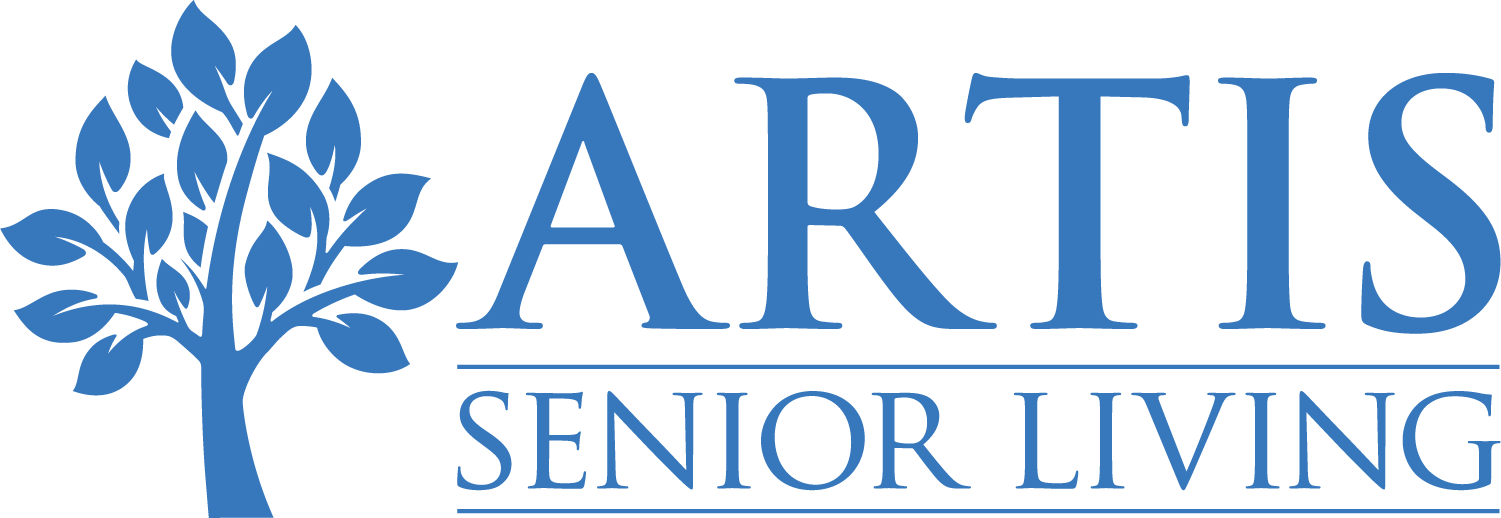Understanding Sundown Syndrome: Causes, Symptoms & Strategies
This live webinar is intended for a blended, multidisciplinary audience of healthcare professionals. The presentation is all about a complex neurobehavioral disorder in patients with dementia known as sundown syndrome or “sundowning”. Sundowning is characterized by an uptick in neuropsychiatric symptoms in the evening, which can cause distress for the person and their caregivers. The presentation is designed to help participants recognize behaviors related to sundowning in dementia, identify triggers, and choose evidence-based nonpharmacological approaches to ease the challenging behaviors. Dr...Read more. Heather McKay, Occupational Therapist and Dementia Care Specialist, will explain predictable brain changes in dementia that can lead to sundowning, common challenges that arise for the person and their caregivers due to the behavioral symptoms, and practical, ready-to-use strategies to improve life for the person with dementia and their myriad caregivers. Less...
Learning Objectives
- Define sundown syndrome in dementia and describe common behavioral symptoms that are often referred to as “sundowning”.
- Recognize potential underlying root causes of sundowning behavior.
- Identify effective care strategies to promote better bedtime routines for people living with dementia and reduce/avoid sundowning challenges.
Target Audience
Wednesday, April 24, 2024
01:00 PM EDT - 02:00 PM EDT
Register for this WebinarAbout the speaker
Agenda
1:00pm – 1:15pm
Explain sundown syndrome in dementia as described in the scientific literature
Invite caregivers to share behaviors they have noticed in their clients/loved ones with dementia that they think of as “sundowning”
Describe the prevalence across different types of dementia and the impact the behavioral symptoms have on the person with dementia and their caregivers
Explain the rationale for managing the behavior—minimize health and safety risks for the person, reduce the caregiver burden, and improve satisfaction for everyone involved
1:15pm – 1:30pm
1. Neurobiological factors: Introduce brain pictures and implications on sundowning behaviors
Sick brain cells fluctuate in multiple predictable patterns, including but not limited to when the person is tired
Dysfunction of circadian rhythms
2. Physiological factors
Physical discomfort including smell of urine
Having to wake frequently
Fewer medical diagnoses
3. Psychosocial Factors
Moved to a new place
Lower caregiver availability also limits the amount of structured activity/routine stimulation that people have in the daytime (boredom)
Social isolation
4. Environmental factors
Lack of stimulation, boredom, disrupted routines
Lack of sunlight during the day
Confusing noises
Confusing/misunderstood/missing visual cues in the evening
1:30pm – 1:45pm
List and discuss 5 categories of time use
Invite caregivers to share strategies they have discovered in their work to support better bedtime routines
Explain the rationale that makes non-pharmacological strategies preferred over behavioral meds for less sundowning and better sleep
List and discuss effective care strategies
Address pain and other health conditions
Staying active during the day
Limiting caffeine after lunch
Avoid getting “over tied”- start earlier
Create a relaxing environment
Creating comforting nighttime routines
Communication strategies to settle into bed
Provide restful activities during wake times
1:45pm – 2:00pm
Q&A
CE Information - Earn 1 CE Credit Hour
CE Approvals
American Psychological Association
New York State Education Department's State Board for Social Work
New York Education Department for Licensed Mental Health Counselors
New York State Education Department's State Board for Psychology
New York State Education Department's State Board for Marriage and Family Therapy
National Association of Long Term Care Administrators Board
CE Process Info
Each professional is responsible for the individual requirements as stipulated by his/her licensing agency. Please contact your individual licensing board/regulatory agency to review continuing education requirements for licensure renewal. Please note: You must attend "live" (in real-time) for the duration of the training to earn CE credits.
Before the event, you will receive an email from CE-Go with access to the virtual event. After the event, you will receive access to your evaluation and continuing education certificate via a personalized "attendee dashboard" link, hosted on the CE-Go website. This link and access to the virtual event will be sent to the email account you used to register for the event.
Upon accessing the CE-Go "attendee dashboard", you will be able to:
- Complete evaluation forms for the event
- Download your continuing education certificate in a PDF format
If you have any questions or concerns regarding the CE-Go platform, please contact CE-Go at 888-498-5578 or by email at support@ce-go.com Please Note: Emails for this event will come from "support@ce-go.com".
If you have any continuing education related questions, please contact your event organizer.
Please make sure to check your spam/junk folder in case those emails get "stuck". We'd also suggest "Allowlisting" support@ce-go.com. This tells your email client that you know this sender and trust them, which will keep emails from this contact at the top of your inbox and out of the junk folder.
Disclosure
DISCLOSURE OF RELEVANT FINANCIAL RELATIONSHIPSCE Learning Systems adheres to the ACCME’s Standards for Integrity and Independence in Accredited Continuing Medical Education. Any individuals in a position to control the content of a CE activity ― including faculty, planners, reviewers, or others ― are required to disclose all relevant financial relationships with ineligible entities (formerly known as commercial interests).
The following relevant financial relationships have been disclosed by this activity’s planners, faculty, and the reviewer:
PLANNERS AND REVIEWER
The planners of this activity have reported that they have no relevant financial relationships.
FACULTY
The faculty of this activity have reported that they have no relevant financial relationships.

